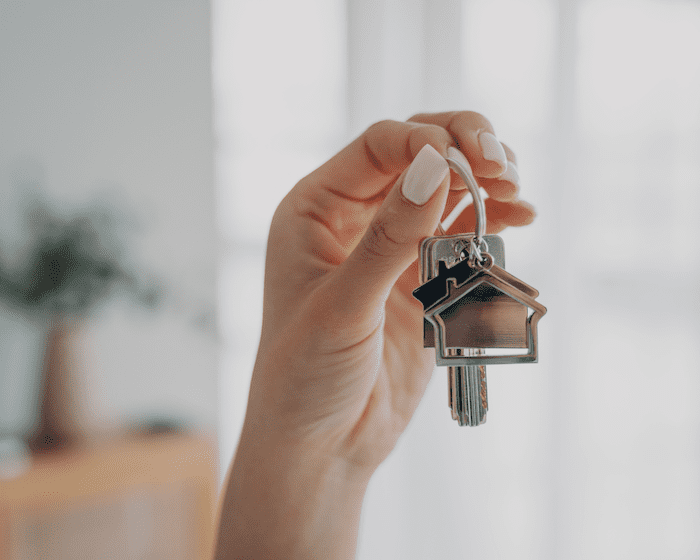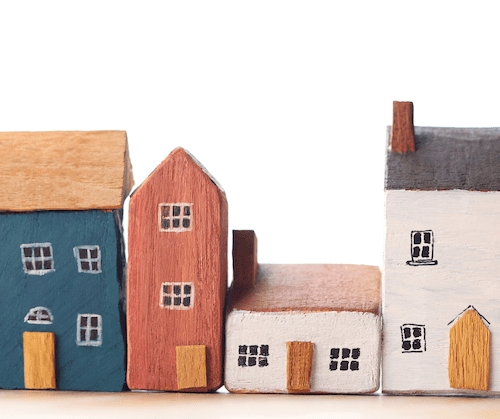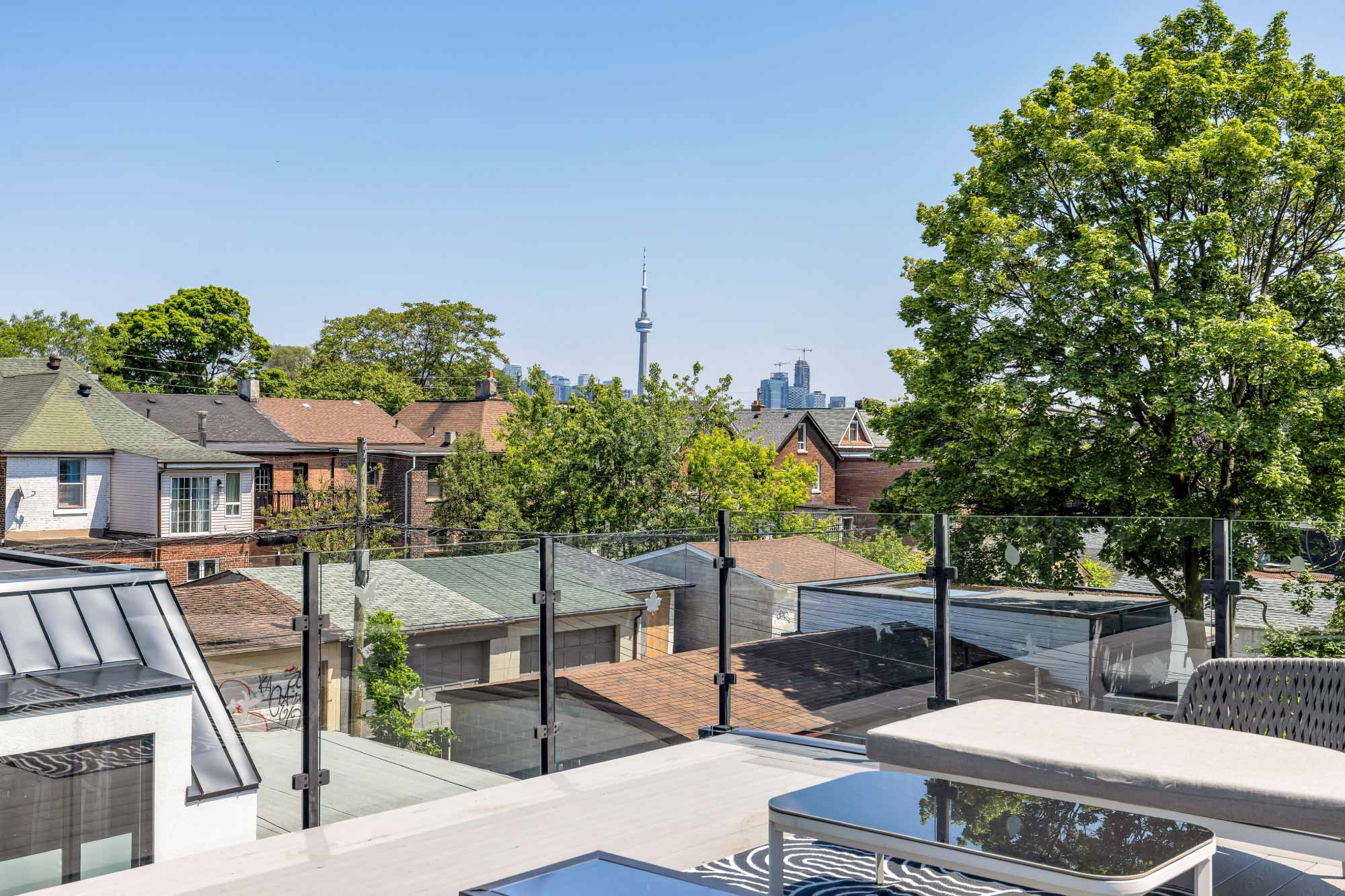Sustainability and reducing the carbon footprint are hot topics for many Canadians right now, especially in fast-growing and innovative cities like Toronto. Over the last few years, we have become far more aware of the impact of our daily lives on the environment and even in our own homes.
With the advent of new technologies like Net Zero houses, we can achieve what was once thought of as impossible – an environmentally friendly lifestyle without sacrificing the quality of our lives. In this post, we’ll explore how the growing popularity of Net Zero homes may affect Toronto’s real estate market as time goes on .
What Does Net Zero Really Mean?
The idea of “net zero” is to build homes that generate as much (or more) energy than they consume. If that vision can be fully realized, it means that the homeowner no longer has to purchase energy from the local hydro company.
Though many people associate net zero homes with living “off the grid,” most are still connected to municipal power structures. This provides stability if the need for energy exceeds what the home’s renewable sources can provide or during emergencies.
Generating efficiency isn’t the only goal of a net zero home. Often, they can be up to 80% more efficient than a traditional residence. This is accomplished through a variety of measures, including optimum placement to take advantage of sunlight, solar panels, air-source heat pumps, and ground-source heat pumps.
How do you know when you’ve found the right house? The posts below will help guide your way:
- Must-Have Features for Luxury Home Buyers in Etobicoke
- 5 Signs You’ve Found The Right Home
- Should You Buy a Tear-Down House in Etobicoke?
Lasting Trend or Passing Fad?
While many environmental trends can come and go, a series of government policies means the concept of net zero homes is likely here to stay. For example:
- Ontario’s Climate Change Strategy aims to reduce carbon emissions to 37% below 1990 levels by 2030.
- A new municipal policy requires all privately owned homes and buildings in Toronto to decarbonize by 2040.
- Under the Toronto Green Standard, all new buildings must adhere to Tier 1 standards of sustainability and performance.
- In 2022, the City of Toronto implemented the Development Charge Refund Incentive to encourage developers to adopt higher sustainability standards. Builders can receive a partial refund on development fees for projects that meet Tier 2 standards or higher.
In addition to these provincial and municipal initiatives, the Government of Canada has an ambitious goal of achieving net zero emissions by 2050. This means that we either achieve zero emissions or find a way to offset them, whether through tree planting or implementing clean energy technologies. As you can imagine, net zero homes and buildings will play a significant role in achieving this vision.
Net Zero and the Current Housing Market
If you wish to purchase a net zero home in the current market, you’re probably looking at a new build or even pre-construction. Most older houses wouldn’t be considered net zero even if they are energy efficient. Fortunately, many developers and builders are looking ahead even though the new standards aren’t officially required until 2030.
If you can find a net zero home now, you can look forward to optimal energy-efficiency and low utility bills. In addition, you’ll be protected from rising energy costs which can add up to significant savings over the years. Best of all, superior insulation and ventilation will mean a more comfortable living space with better indoor air quality.
Many potential home buyers have their eyes on the city, which can make finding the right house in Toronto challenging at the best of times. Net Zero homes are especially in short supply, but developers are quickly working to meet the growing demand. A local real estate agent can help you keep an eye out for a home that’s just right for you.
Once you find your home, the next step is to make it your own. The tips below will help:
- Lighting Techniques That Give Your Home an Instant Facelift
- Absolutely Fabulous! Secrets of Gorgeous Curb Appeal for Every Season
- Top 5 Luxury Design Features in Modern Toronto Homes
Can a Resale Home Be Converted to Net Zero?
At this time, finding a Net Zero home that’s ready to move in may be challenging. However, that doesn’t mean you can’t begin enjoying the benefits of greater energy efficiency and a healthier living environment right now.
Some homes are easier to convert than others. However, there are many benefits to upgrading an existing property, even if you don’t go all the way to Net Zero:
- You can choose what neighbourhood you want to live in and what amenities you want nearby.
- More options become available to you when you add resale homes to your list of contenders.
- Renovating an existing home can be less expensive than purchasing a Net Zero new build.
- You don’t have to wait for a pre-construction project to be complete before moving in.
Various financial incentives might be available if you choose to purchase and renovate an older home. Whether you buy brand new or retrofit an existing property, achieving Net Zero or close to it often means living in a home that is highly energy efficient, comfortable, and stylish.
Are you ready to begin the search for your new home in Toronto? Whether you prefer a resale home or new build, we are excited to help you every step of the way. Reach out to ana@asantos.ca or call 647.232.7317 for more information.

Meet The Team
See how our dynamic duo leads a smart strategy to help you sell your Toronto home for top dollar.









